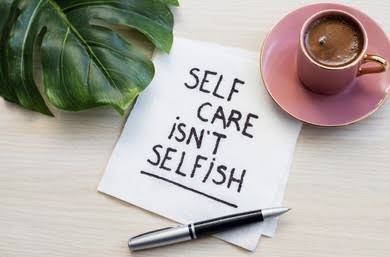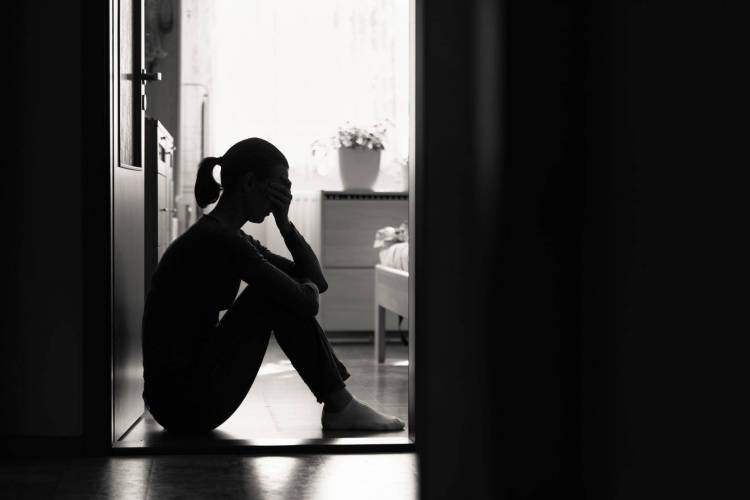Why Self-Care Isn’t Selfish: Advice for Women(2/4)

During Covid-19, we’ve learned that we are all connected and that taking care of ourselves — staying safe and staying well — is a way to care for our community. Taking precautions is a way to keep ourselves, our loved ones and our neighbours from getting sick and avoid overwhelming our health care system.
One of the challenges of 2022 is to continue making self-care a priority once the pandemic has passed.
If you’re someone who has always said you don’t have time for self-care or that self-care seems selfish and indulgent, you’re not alone. “One of the things that you come across all the time is the idea that ‘I can’t invest in things that are good for me because it’s taking away from my ability to be a good parent or do what I need to do at work,’” said Kelly McGonigal, a health psychologist and lecturer at Stanford University. “Wouldn’t it be great if we learn to lean in to our interdependence, and that we can actually take some kind of joy in knowing that when I take care of myself, I often am also taking care of others?”
Start 2021 by redefining what self-care is. Self-care is not just making time to recharge your batteries with a nap, meditation or by taking a break from your family — although all those things count.
Self-care ultimately is about setting priorities, setting boundaries and finding purpose.
“Everybody understands that relaxation and rest is important,” said Dr. McGonigal, whose latest book is “The Joy of Movement“ So there are aspects of self-care related to sleep — everyone should take a bath, light candles. There’s this idea that we need to calm down. But what can you experience today that is going to fill you with the positive emotions you need to do the most important things in your life? It’s about refueling yourself in order to engage with life.”
Jack Groppel, an executive coach and professor of exercise and sport science at Judson University in Elgin, Ill., said it’s always difficult to convince people that they can make time for exercise and other forms of self-care.
“Self care is a lot of things,” said Dr. Groppel, co-author of “The Corporate Athelet: How to Achieve Maximal Performance in Business and Life.” “It can be exercise, creating boundaries. It’s keeping yourself safe emotionally. Maybe it’s not arguing with that uncle about politics right now. It can be spiritual. But you are in control of it.”
The toll of chronic stress
Chronic stress wreaks havoc on your health. It weakens your immune system and inflames your body, making you more susceptible to colds, weight gain, sleep issues, stomach ulcers, depression, diabetes and heart disease.
The physiological changes that result from prolonged stress are compounded by the poor choices you make when at the end of your rope.
What exactly does this mean?
Reacting to stress with numbing activities — like zoning out in front of an electronic screen or bingeing on junk food and alcohol — contributes to obesity and disease, poor sleep and ultimately, an unhappy existence.
“I advocate for self-care to prevent patients from getting to this point,” says Dr. Darling. “Rather than succumbing to the “rosé all day” approach to managing life’s stressors, treat yourself with love, respect and kindness — but also discipline.”






0 Comment